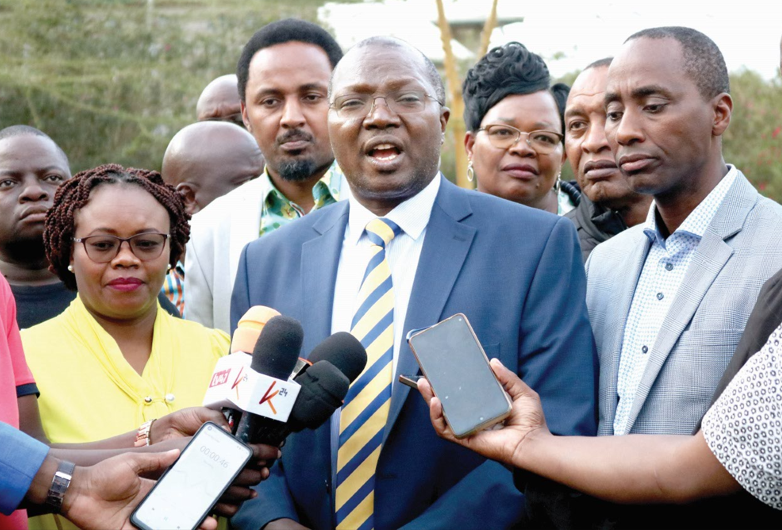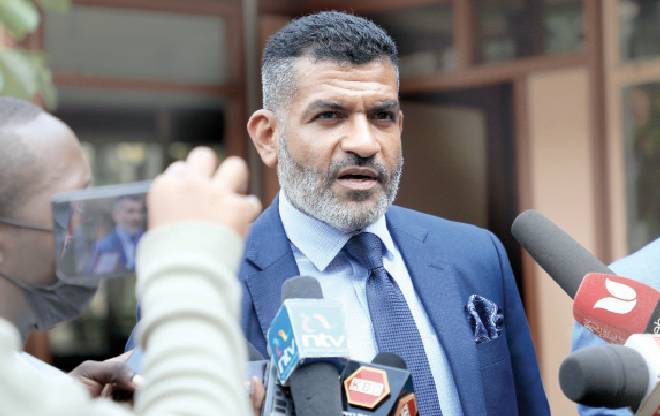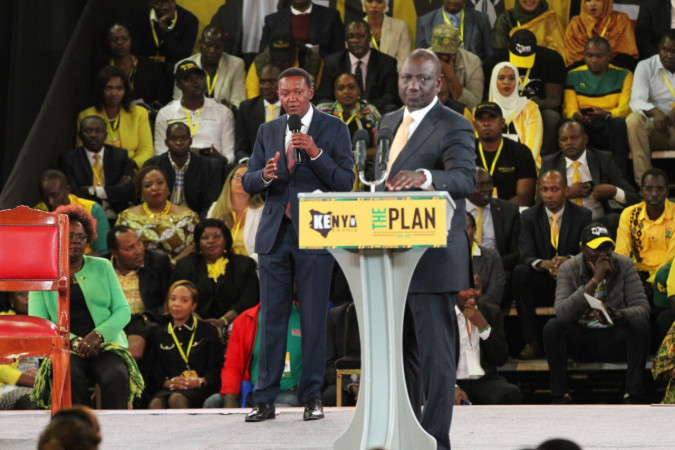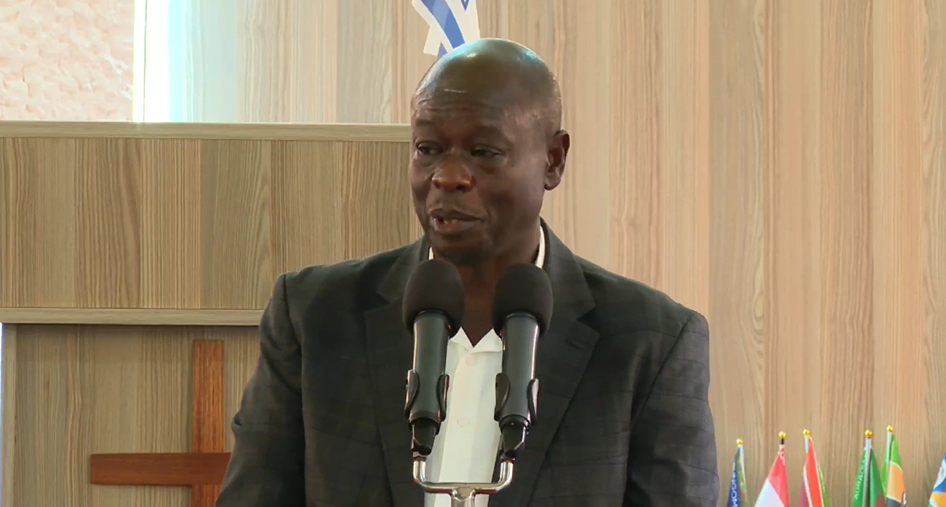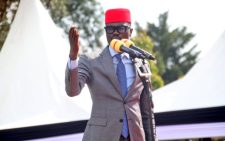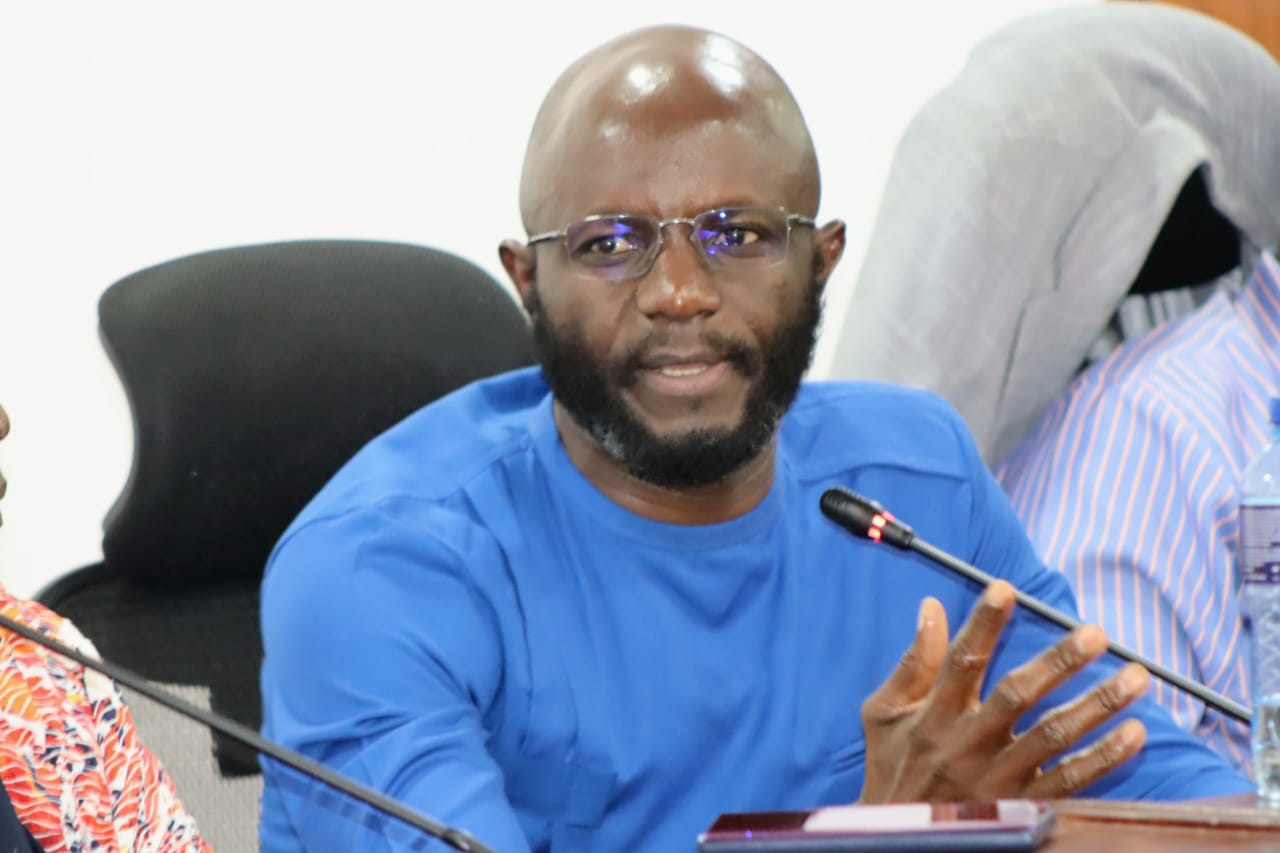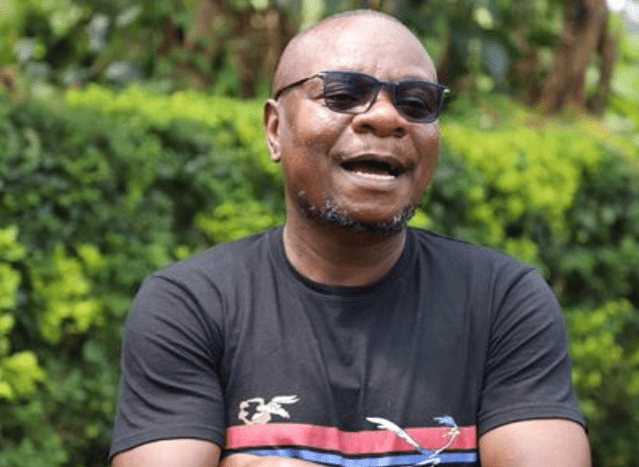President cannot be a Wanjiku, Justice Sichale rules on BBI
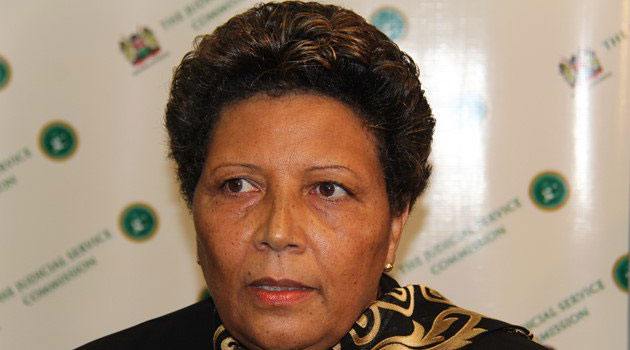
Justice Fatuma Sichale has ruled that the President cannot be Wanjiku – a common citizen – during the ongoing Court of Appeal judgment on the Building Bridges Initiative (BBI).
In her judgment delivered on Friday, August 20, Sichale ruled that the President cannot be Wanjiku and therefore cannot initiate the process of amending the Constitution through a popular initiative.
“By conduct, Uhuru cannot be a wanjiku for the purposes of Article 257 of the constitution. The President is President 24/7 and cannot initiate changes to the constitution as provided in Article 257,” Sichale ruled.
However, Sichale disagreed with the High Court ruling that declared the Independent Electoral and Boundaries Commission (IEBC) insufficiently constituted to \collect and verify signatures endorsing the constitutional change.
“The IEBC as currently constituted with 3 members is constitutionally compliant. Therefore it can carry out its mandate. The issue of verification of signatures is not a policy but operational decision. The verification of signatures is not null and void,” Sichale ruled.
However, her judgment on the constitution of IEBC commission for the purposes of signature collection endorsing BBI for a referendum was in contrast to that of Justice Francis Tuiyott who agreed with the High Court’s decision.
“The IEBC as currently constituted with 3 members is constitutionally compliant. Therefore it can carry out its mandate. The issue of verification of signatures is not a policy but operational decision. The verification of signatures is not null and void,” Justice Sichale ruled.
In his ruling, Tuiyott said, “to hold that the quorum of IEBC can be anything less than 4 Commissioners, is to weaken the commission. I hold that IEBC was not appropriately constituted when it verified the signatures.“
In a highly anticipated Thursday, May 13 ruling, the five-judge bench presided over by High Court Justice Joel Ngugi and comprising of justices George Odunga, Jairus Ngaah, Teresia Matheka and Chacha Mwita ruled in favour of eight petitioners who sought to bar the bill from proceeding to a referendum.
While stating their case, the eight petitioners including economist David Ndii, Kenya National Union of Nurses, Thirdway Alliance, 254Hope, Justus Juma and Moraa Omoke argued that the BBI bill was not a popular initiative but an agenda based on changing political waves within the country.
On the creation of 70 new constituencies and distributing them across the 47 counties, the High Court ruled that the Independent Electoral and Boundaries Commission was not involved adding that IEBC was not properly constituted to carry out its mandate.
Author Profile
Collins Osanya
Collins Osanya is a multimedia journalist, communications specialist, and creative writer.
View all posts by Collins Osanya